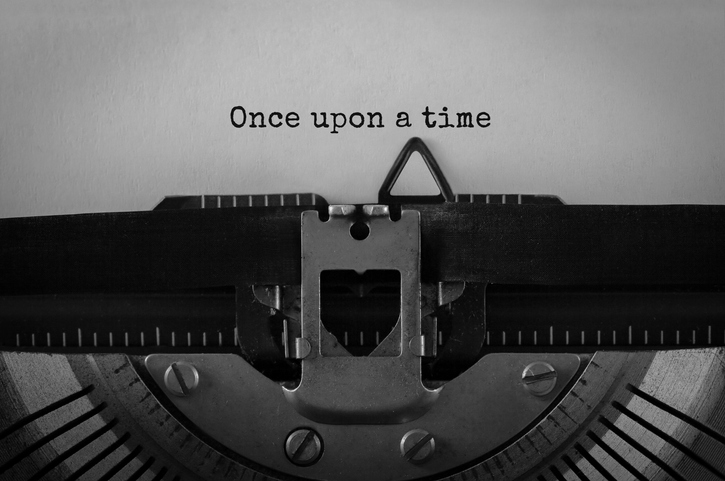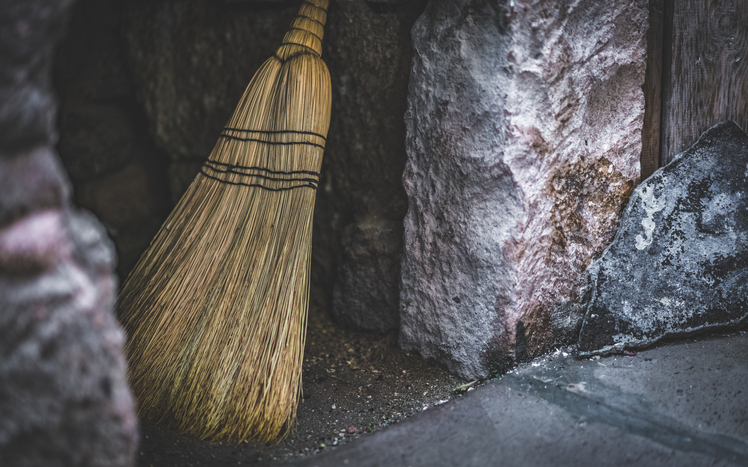
When all Americans are treated as equal, no matter who they are or whom they love, we are all more free. ~ Barack Obama
Kyle Korver is a professional NBA basketball player for the Utah Jazz. He recently wrote a very good article on how he processed the NYC police assault and arrest of his fellow teammate, Thabo, in 2015.
Kyle is white.
As I typed the previous sentence, I stopped. The world “white” seems glaring when it stands alone. It’s short, simple and clean, isn’t it? As opposed to yellow, red, brown or black.
The dictionary defines white as “being free of color, free from blemish and moral impurity.” “Free of” sounds like “freedom” to me.
White is also defined as “being of good character as in, ‘that’s mighty white of you.’”
Another definition of white is “innocent, favorable, and fortunate.”
Isn’t it interesting that it seems difficult to metaphorically hang anything on “white” except maybe bigotry.
So… what about this post qualifies as “bittersweet?”
While it is deeply troubling to have denied minorities the same level of education and opportunity we provide the majority, the sweet side of the coin is that we have a choice. We can admit our bias and commit to correcting it – keeping in mind we will not see the result of our efforts for several generations.




 We often turn away from making an effort to gain what we want. We become unnerved and intimidated because we think we are too young, too old, too out of the loop – to succeed. The truth is most people underestimate what they can do with steady long-term effort. The Daily Stoic’s recent post reminds us to steadily push for the life we want. No matter our age, pick up the broom and begin.
We often turn away from making an effort to gain what we want. We become unnerved and intimidated because we think we are too young, too old, too out of the loop – to succeed. The truth is most people underestimate what they can do with steady long-term effort. The Daily Stoic’s recent post reminds us to steadily push for the life we want. No matter our age, pick up the broom and begin.